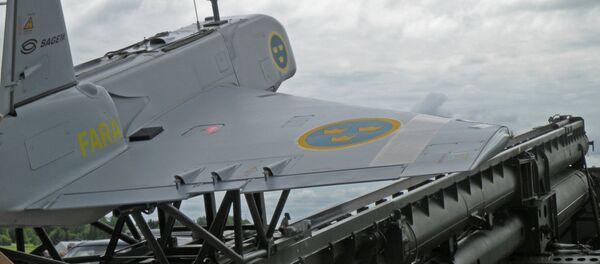Laurie Calhoun, the author of the influential book: ‘We Kill Because We Can: From Soldiering to Assassination in the Drone Age’ joins the program, along with Dr. Peter Lee, Reader in Politics and Ethics at the University of Portsmouth.
Calhoun says that present day leaders feel they can now wage war wherever they see a potential threat developing, and do not seek permission to fire missiles on people, as they should do under article 51 of the UN Charter of nations, which governs self-defense. Dr. Lee, however, argues that there is a clear difference between the way that drones are used by different sections of the US forces and by different nations’ armed forces. The relevance of this is debated by Laurie Calhoun and the host John Harrison who point out that it only takes one rogue state to use drones in an indiscriminate way; be it the US or a smaller country, to reduce drone warfare to the level of weapons used in a ‘Holy War’ where no rules at all are abided by. Even the UK, Calhoun points out, has not been consistent in its use of drones.
The program ends with a discussion on whether the rules of war themselves need to be rewritten, in the light of technological development. Dr. Lee interestingly reports that States do not want to reopen the Geneva Conventions because they have no wish to tighten them up, they want to water them down.
We'd love to get your feedback at radio@sputniknews.com.
Have you heard the news? Sign up to our Telegram channel and we'll keep you up to speed!




